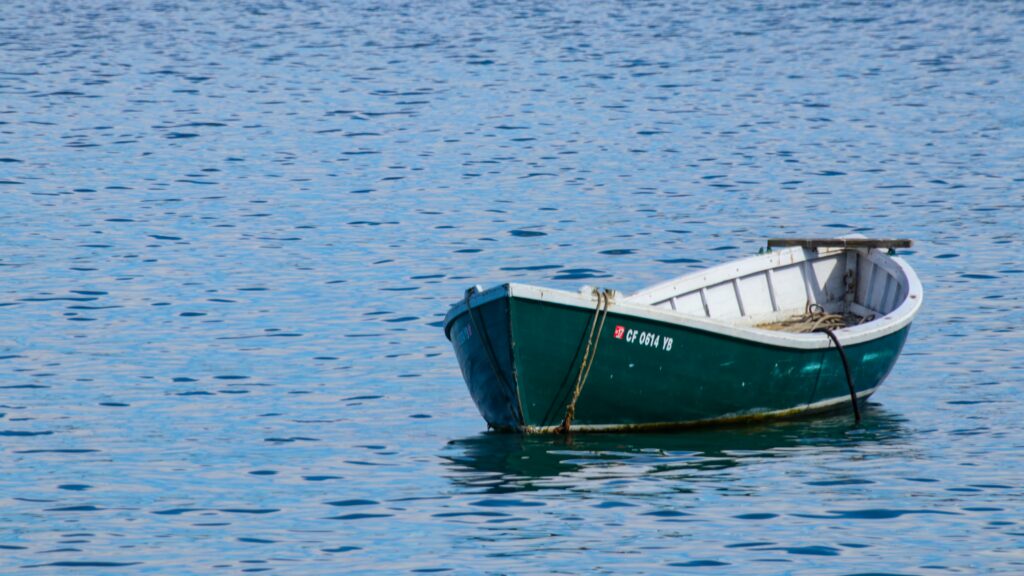The Home Secretary has sought assistance from the Navy to prevent migrants arriving in the UK via the English Channel. She is quoted in the Guardian as saying:
“The number of illegal small boat crossings is appalling. We are working to make this route unviable and arresting the criminals facilitating these crossings and making sure they are brought to justice.”
The Home Secretary’s proposal appears to be to forcibly prevent boats from entering UK waters, where the authorities would be required to provide assistance to those on the boats. Such ‘build a wall’ rhetoric is not just divisive but sheds a very poor light on the Home Secretary’s understanding of, or commitment to, the UK’s international obligations under the Refugee Convention, which was signed in the wake of the atrocities of the second world war with an aim of preventing such atrocities happening again. Turning back boats is a blunt instrument and will result in more deaths at sea overall. Announcing it distracts from other far more pressing concerns.
It is interesting that the Home Secretary, a known supporter of Brexit, is asking for France and the EU to take responsibility for these people and their asylum claims. There has been a legal mechanism to do this (known as the Dublin Convention) but the UK’s ability to rely on this is coming to an end with the end of our EU membership. Many of us who have challenged the Home Office’s far too frequent reliance on the Convention to refuse to accept claims from people arriving here from other EU member states will not mourn its passing. It is unfortunate, although predictable, to have the Home Secretary confirm that the newly open post-Brexit UK is only open to some.
The people attempting these crossings are desperate. We cannot derogate from our duties under international maritime law to assist those in danger at sea, or our duties under the Refugee Convention to consider their asylum claims.

